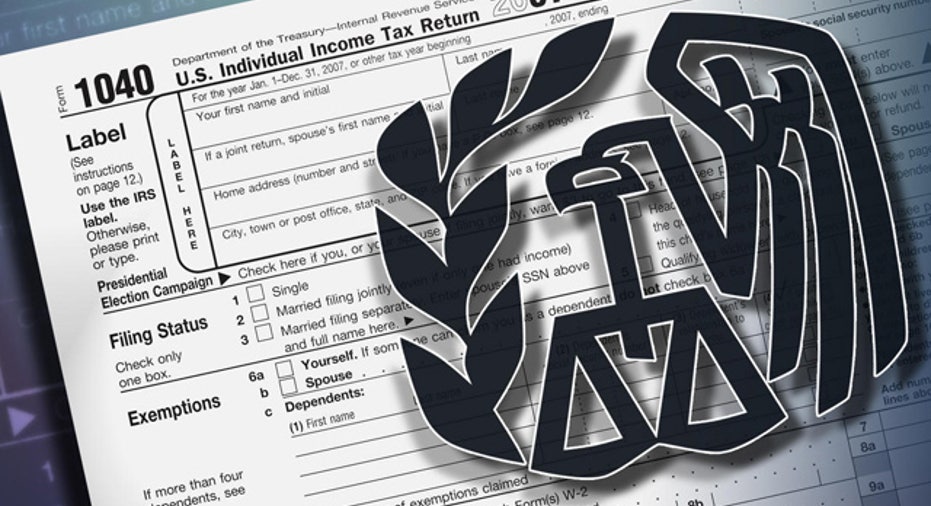What You Can and Can’t Deduct on Your Taxes

No one wants to pay Uncle Sam more than they have to, and I’ve seen some pretty creative tax deduction attempts in my career.
There are many financial transactions that people consider tax deductible that the IRS doesn’t allow. Here’s a breakdown of common misunderstandings of what can and can’t be written off:
Home Improvements made to your personal residence are not immediately deductible. However, you should make a file to store home-improvement related receipts because eventually you may need them for tax purposes. When you sell or otherwise dispose of your home, you may add the cost of these improvements to the basis of the home and reduce the taxable profit.
Note that if you have a home office or if you rent out a portion of your home, part of the home improvement expense may be deductible.
Installation of solar or other energy-saving improvements may result in tax credits, so be sure to check your IRS guidelines or with your tax advisor.
Political contributions, relief fund contributions, and lobbying expenses are not deductible. Many taxpayers think these transactions are a write off simply because they are contributions with nothing received in return. However, only charitable contributions made to a qualified nonprofit organization can be deducted.
Contributions to individuals are also not write offs. Despite these well-intentioned and generous gifts, like a teacher buying a jacket for a needy student, these donations are not eligible for a tax break, because the recipient is not a qualified 501(c)(3).
Closing costs from a refinance or home purchase of the taxpayer’s main home are not deductible, but can be added to the basis of the home and reduce profit on the sale or other disposition of the residence. Points can be written off immediately for a new home purchase. Points charged on a refinance or on the purchase of a rental property must be amortized over the life of the loan.
Lost or misplaced cash or property is not a deduction. Casualty losses are deductible, but according to the IRS, it must be the result of a “sudden, unexpected or unusual event.” So if you can’t find that envelope of money that you know you hid somewhere in the house, too bad. However, if you were robbed or your house caught on fire and you have a police report to substantiate the claims, you may deduct whatever the insurance company didn’t cover.
Also note that normal wear and tear and progressive deterioration is not deductible. So if that rotting old fence in the back yard finally fell over, you have no tax benefit.
The value of lost wages or vacation time is not deductible. Any unused vacation pay, sick pay, or wages that were never paid to you was never includible as income so it remains just what it is, lost time. Also note that the time you spend doing volunteer work for a bona fide nonprofit organization has no value and is also not deductible.
Losses from the sale of personal property including the sale of your home, car, or other personal assets are not deductible. However, if you made a profit on the sale, you must pay taxes on that amount. Do not confuse investment activity with personal property. Losses from sales of stocks or other investments are deductible albeit limited to $3,000 per year ($1,500 if married filing separately).
Fines or penalties or any other costs of illegal activities such as bribes and kickbacks are not deductible. I’ve had clients turn in costs of speeding and parking tickets as well as smog certification costs with their DMV fees hoping for a write off. They won’t fly.
Life insurance and disability premiums are not deductible on your individual income tax return. A C Corporation may deduct them as a business expense but otherwise, don’t even try it.



















